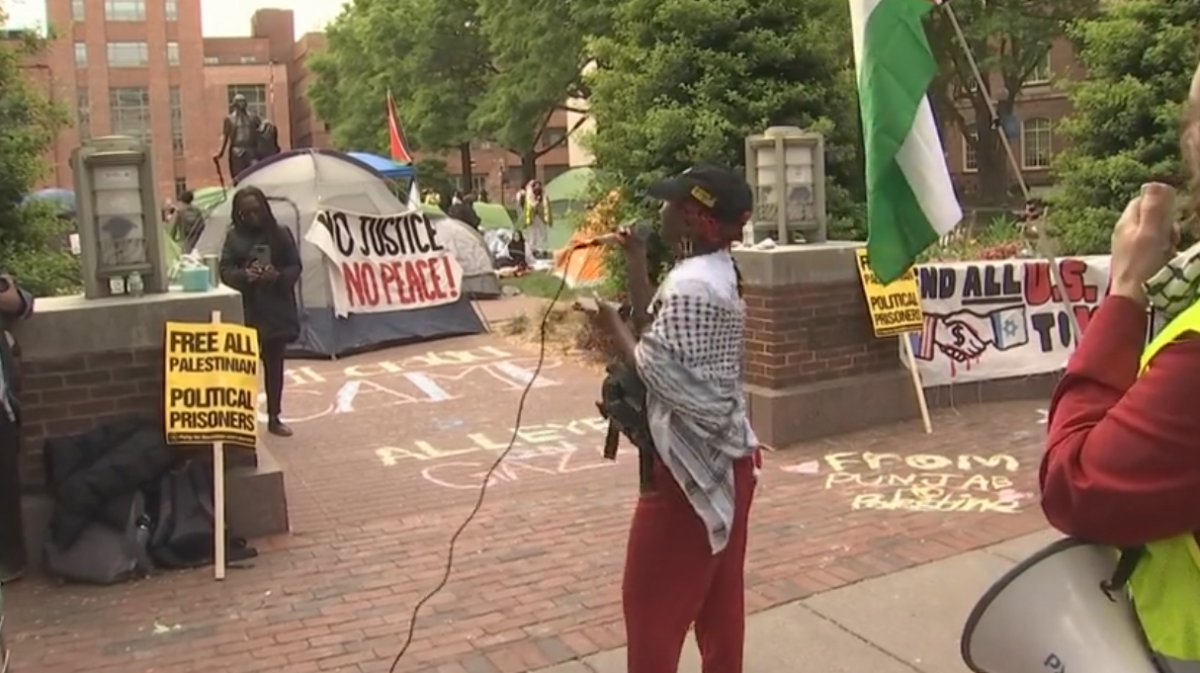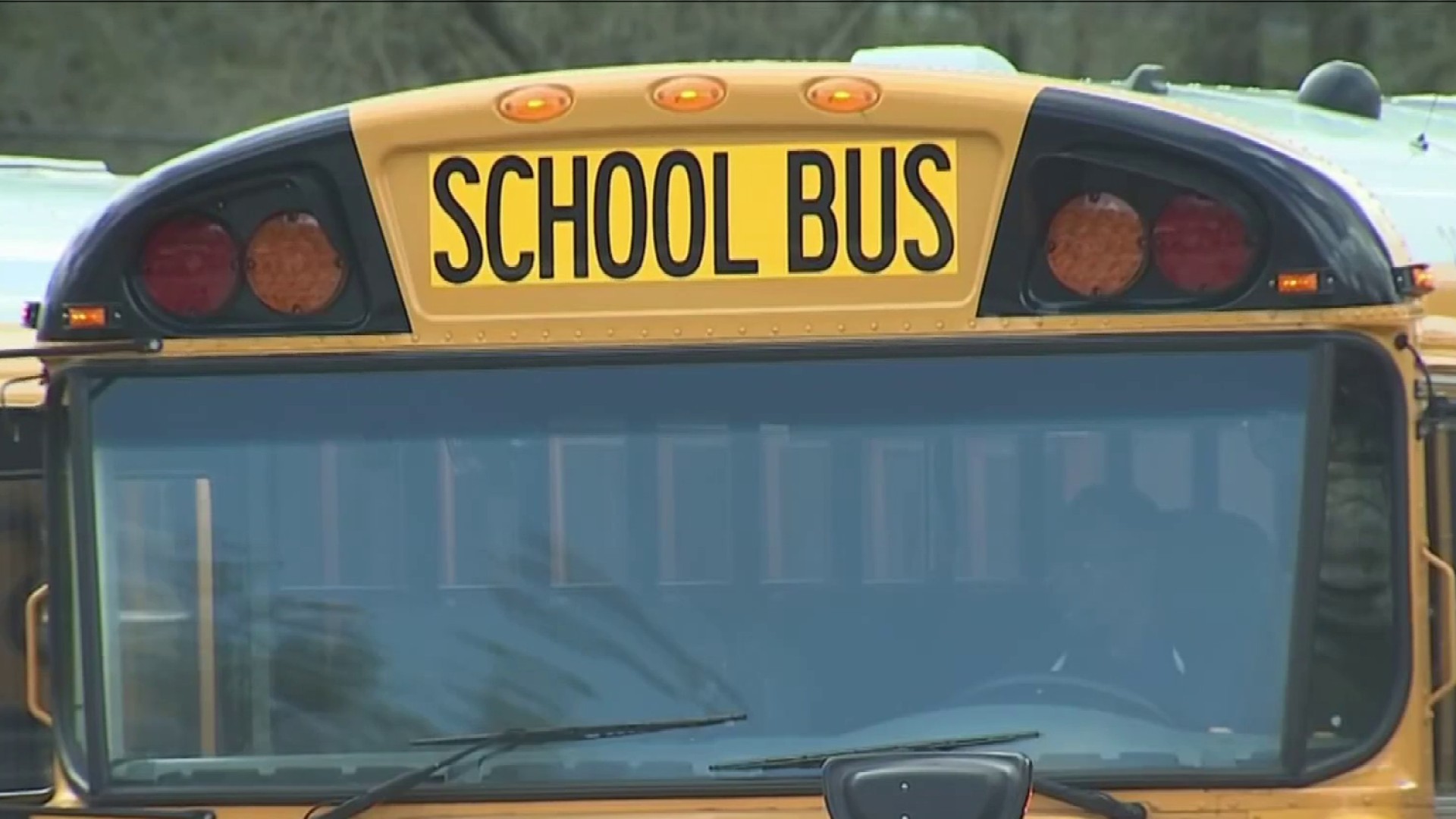Long-time national security reporter Ismail Alexandrani took every precaution he could think of when he returned to Egypt after nearly a year of self-imposed exile abroad, which included a stint at the prestigious Washington-based Woodrow Wilson International Center for Scholars.
To avoid arrest for his work documenting Egypt's secret war in the Sinai, he didn't alert his wife he was coming home, he wiped his hard drive clean and he flew an unconventional route from Istanbul to Berlin and then onto a small airport in the tourist town of Hurghada, hoping not to attract the attention of authorities.
But on his way through the security line at the airport, an officer asked him to open his laptop and officers recovered his deleted files.
Since that day more than two years ago, Alexandrani has been in prison, charged with being a member of the banned Muslim Brotherhood and disseminating false information, charges he denies.
The Egyptian government considers the Brotherhood a terrorist organization, even though its leader was elected president of the country four years ago before being deposed in a coup.
Alexandrani's supporters say the Egyptian government wants to keep him in prison to stop his deep-sourced reporting on secretive military operations in the Sinai against the ISIS terrorist group. The operations have become controversial because of mounting civilian casualties and the use of drones.
"What is unique about Ismail's case is that we think he is being held because of his high level of specialization and expertise on the Sinai and Islamist groups, two topics on which the Egyptian authorities very much want to control (the) story," said Yasmin El-Rifae, Middle East and North Africa senior researcher for the Committee to Protect Journalists, a nonprofit advocacy organization.
Local
Washington, D.C., Maryland and Virginia local news, events and information
The Woodrow Wilson Center released a statement in response to Alexandrani's detainment.
"Although we do not know yet what the charges against Mr. Alexandrani are, we strongly urge the government of Egypt to deal with his case in full accordance with the country's constitution that guarantees Egyptian citizens freedom of speech and the media," said Jane Harman, the center's director, president and CEO.
The Egyptian Embassy in Washington declined requests for comment on the case except to reaffirm the charges against Alexandrani.
Crackdown follows brief opening
The 2011 popular revolution across the Middle East, known as the Arab Spring, swept Egypt's 30-year strongman, Hosni Mubarak, out of office and saw a flowering of independent news outlets and political freedom.
In 2012 there were no journalists in jail. The following year, however, a military coup deposed the country's first democratically elected president, Mohamed Morsi, the leader of the Brotherhood.
The coup leader, Abdel Fattah el-Sisi, became president. His government has increased press restrictions, imposed limits on reporting on military and other national security affairs. He also has imprisoned dozens of journalists and hundreds of dissidents, according to human rights organizations.
As of December 2017, there were 20 journalists being held. Most of them are subjected to mass trials and months- or years-long delays in court proceedings that often offer little concrete evidence of wrongdoing.
"The press climate in Egypt has never been this restricted," said El-Rifae. "Domestically, they paint all dissidents and political detainees as radical Islamists or Brotherhood sympathizers. Internationally, they say that any repressive measures are necessary as part of their efforts to combat terrorism."
Egyptian authorities have said the press crackdown reflects their need to fight extremism and terrorism, as the country lies in a critical place in the world. The Sinai Peninsula, which is in eastern Egypt and borders Israel, has become a hotbed for terrorist groups, such as ISIS.
Aid to Egypt from the United States resumed in 2015, after it had been suspended following the coup, in an effort to urge Egypt to work toward stability and to help in its military fight in the Sinai and elsewhere.
The U.S. government, according to a State Department official, continues to raise concerns about press freedom with the Egyptian government.
"We are concerned about respect for freedom of expression in Egypt and we continue to have very frank discussions with the Government of Egypt about our human rights concerns," said the official, who is not permitted by government rules to be named.
Former U.S. ambassador to Egypt Daniel Kurtzer, said in an interview with Capital News Service that the Egyptian government is not receptive to discussions about press freedom. He added that the Egyptian response often was that they did not interfere with the press.
Ismail used his deep contacts within the region to confirm or refute official reports of military action with Sinai residents.
His wife, Khadeega Ga'far, described him in an interview with CNS as "very energetic, active and adventurous. He does not think too much; most of the time, he does, then, he thinks what he had done."
While he tends to write about sensitive topics, "he is not the type of journalist that attacks the army without a reason to," said an Egyptian journalist who asked to remain anonymous for his safety.
Exile and return
Alexandrani was aware of the risks he was taking, said his wife. He left the country on Dec. 23, 2014, she said "for fearing of arrest and he was not supposed to come back."
He first went to Berlin, where he was awarded the Open Eye Award in January 2015. He then began his fellowship with the Woodrow Wilson Center, which was supposed to end in April. However, he told the center he still feared arrest, so his fellowship was extended three months, his wife said.
Once his fellowship had ended, he had a month to leave the country due to his J1 visa status. He went to Turkey, a popular destination for Egyptians and Syrians living in exile. There, he freelanced before deciding to return to Egypt.
He told his wife he was not certain about his decision to remain outside the country. She told him she was worried if he tried to return. "I expressed deep fears that his arrest is a possibility if he decided to come back," she said.
Unknown to her, at around 11:30 a.m. on Nov. 29, 2015, Ismail made it to the security line at the airport in Egypt. He presented his passport and was asked about the nature of his travels. Then officials opened his laptop and discovered his deleted files.
He was interrogated multiple times and transferred to Cairo the following day where he was allowed to call a friend and a lawyer.
The formal interrogations with a lawyer lasted nine hours, ending at 9 p.m. The prosecution's decision to hold him for 15 days pending investigation would begin his ongoing journey through pretrial detention.
In Egypt, there are often long delays between arrest and trial. The accused are held in legal limbo, with little idea of when they will be released.
Under Egyptian law, pretrial detention cannot extend beyond two years; however, in practice, this happens frequently, said lawyers and human rights personnel familiar with the court system. The criterion for pretrial detention is vague and subject to a variety of interpretations.
Nov. 29, 2017, marked Ismail's two years in pretrial detention.
Time in prison: "absolute paralysis"
Alexandrani's wife said she visits him once a week. She describes the Tora Maximum Security Prison, also known as Scorpion Prison, in online blog posts as dehumanizing even for the visitor.
"Prison is absolute paralysis, complete isolation and utterly impoverishing,'' she said in an interview with CNS.
The prison houses political prisoners and Islamic State group members, both considered enemies of the state. It is notorious for failing to meet basic international standards.
Prisoners are packed into small, cramped cells, according to a 2016 Human Rights Watch report. The inmates often lack food and proper clothing if they do not have people on the outside willing to supply them.
Former journalists who were held in Tora recount weeks of solitary confinement and periods when reading and writing materials were banned, forcing them to spend time in their own heads.
Foreign prisoners, such as Al-Jazeera's Peter Greste and freelance photographer Alisdare Hickson, were given access to different forms of distractions like books and newspapers, partly because of pressure from their respective foreign governments. Both are now free.
Alexandrani's supporters don't expect his release, or even a trial, any time soon.
"They don't care about the trials, they care about keeping him inside,'' the Egyptian journalist said. "...So Ismail still has a long time to stay without a charge...They don't care. They just want him to be inside."



